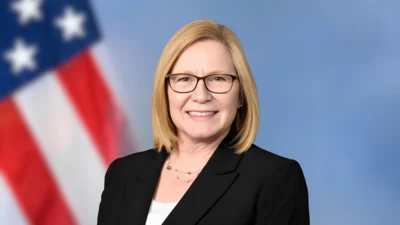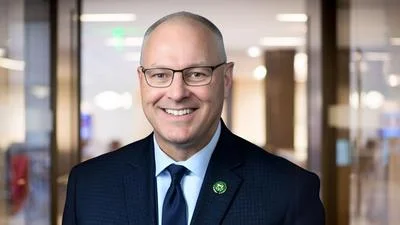Jonathan Boesche State Director | Official Website
Jonathan Boesche State Director | Official Website
Several bills in Minnesota seek to reform the state's Paid Family Medical Leave (PFML) and Earned Sick and Safe Time (ESST) mandates. These proposed changes incorporate recommendations from the National Federation of Independent Business (NFIB), aiming to alleviate burdens on small employers. In the current partisan environment of the Minnesota Legislature, any bill that seeks to pass will require bipartisan support.
Recently, the House Workforce, Labor and Economic Development Committee discussed two key bills, HF 1976 and HF 1325, with NFIB commenting in favor of certain provisions. These bills propose significant adjustments to PFML and ESST and were set aside for further discussion and input from stakeholders.
HF 1976 includes changes to the PFML program, such as reducing the required leave for small employers to six weeks, lowering benefit levels, expanding exemptions for part-time and seasonal employees, and addressing the “designated family member” loophole.
HF 1325 targets modifications to the ESST mandates, allowing small businesses to pay half of an employee’s usual hourly rate during leave, expanding exemptions to part-time and seasonal workers, and ensuring employer notice requirements are equitable.
Additional bills have been introduced, although they have not yet received hearings. These proposals will also shape the conversation around PFML and ESST mandates.
SF 2300 addresses the ESST mandate by proposing exemptions for employers with fewer than 15 employees, creating notice parity, and allowing employers to request employees seek replacements when the need for ESST is predictable.
HF 2024 offers relief to small employers by suggesting exemptions for those with 15 or fewer employees from the PFML mandate, widening seasonal employment exemptions, granting more flexibility for private PFML plans, and reinstating a 1% PFML payroll tax cap.
NFIB continues to advocate for these legislative changes during the session. Minnesota residents are encouraged to contact their lawmakers to support these mandate reforms.






 Alerts Sign-up
Alerts Sign-up